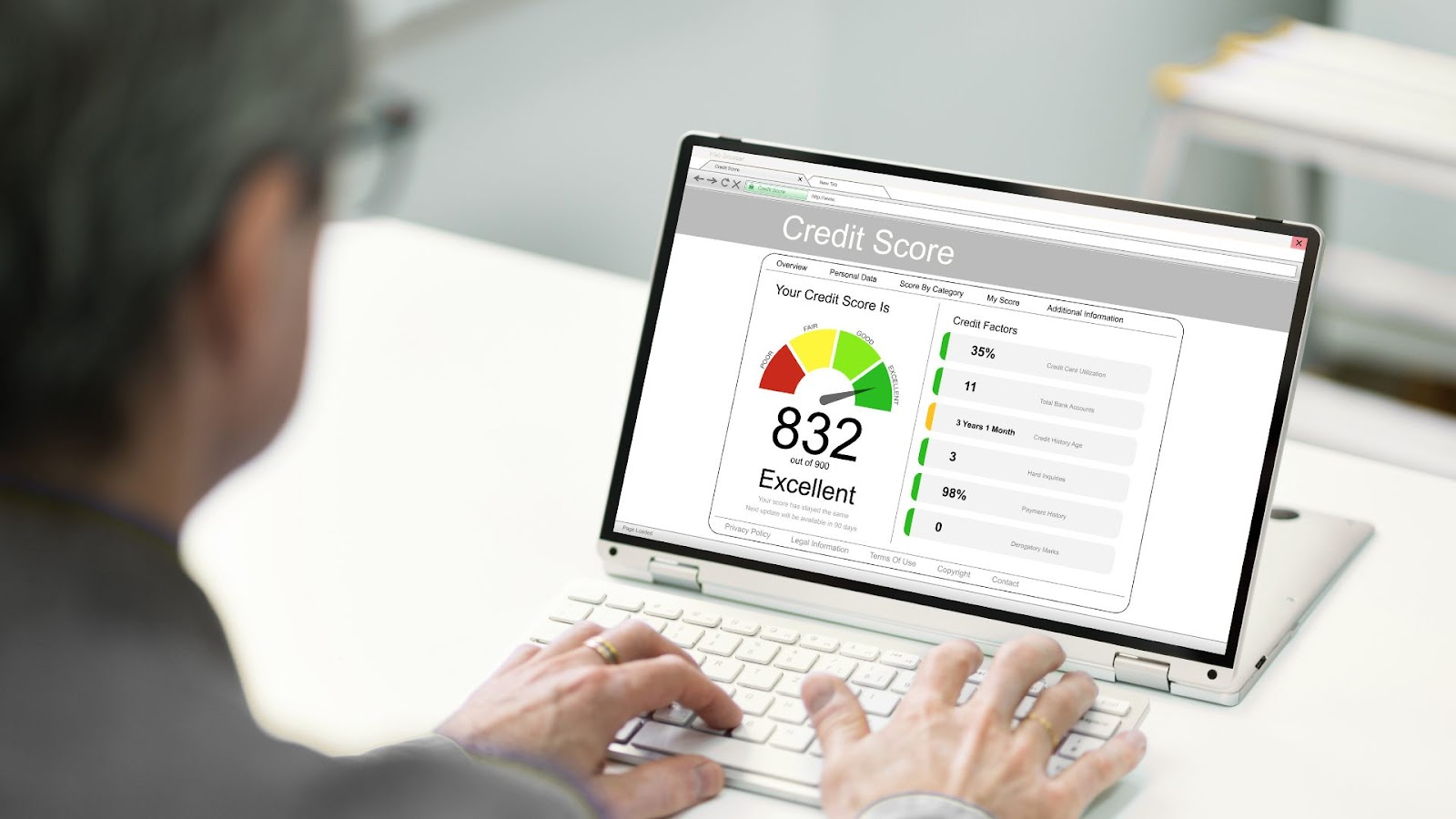
Shepherd Outsourcing opened its doors in 2021, and has been providing great services to the ARM industry ever since.
About
Address
©2024 by Shepherd Outsourcing.
Ever wondered what a 721 credit score means for you? Maybe you’re eyeing a new car, home, or personal loan and want to know if your score puts you in a strong position.
According to the latest American statistics, the average FICO® credit score stands at 714, making 721 a number that sets you above much of the population.
So, is 721 a good credit score? Let’s dig in and discover exactly what this score unlocks for your financial future.
Your credit score is your financial passport. At 721, you’re in the “Good” range, which generally spans from 670 to 739 on the FICO® scale.
Lenders view this score as a sign you’re trustworthy with borrowed money. Still, it’s not the top tier, where the lowest rates and largest loan amounts reside.
A 721 credit score reflects positive payment history, manageable debt levels, and consistent financial discipline.
You’re well-positioned for essential credit products, but you may not always get the absolute best rates. Consistently paying bills and monitoring your credit report help keep this score in the “Good” zone.
FICO® score range: 300-850.
Also Read: What is the Minimum Credit Score Needed for a Personal Loan?
So, what can you get with a 721 credit score? The doors are open to a broad range of credit products, including home loans, personal loans, and auto financing.
Lenders typically offer competitive terms to borrowers in your range, though you’ll find even lower rates reserved for those in “Very Good” (740-799) or “Excellent” (800+) categories.
Keep in mind, while you’re eligible for many products, lenders look at other factors, like your income, debt-to-income ratio, and payment history, before making a decision.
Also Read: Applying for Personal Loans with a 500 Credit Score

A 721 credit score opens the door to financial flexibility. Let’s break down the real-world benefits:
Also Read: Advantages of Having a Good Credit Score
It feels great being above average, but let’s talk about the flipside—what might still stand in your way.
Remember, your score is just one piece of the puzzle. Credit history, employment status, and current debts all factor into lending decisions.
And while 721 is strong, keeping financial discipline ensures you don’t slip toward the “Fair” category (580-669).
Also Read: Will Paying Off Collections Improve Your Credit Score?

Understanding your credit score starts with knowing what goes on behind the scenes. FICO® uses five main elements:
Regular monitoring and disputing any inaccuracies on your credit report are easy ways to keep your score healthy.
The average American falls closely to your score, so maintaining it means you’re competing with a strong segment of credit-worthy borrowers.
Also Read: What is Considered Too Much Credit Card Debt?
Ready to take your good score and push toward “Very Good” or “Excellent”? Here’s what works best.
Also Read: Steps to Establish and Build Credit from Scratch
A 721 credit score puts you ahead of most Americans, but your financial journey doesn’t stop here. Keep payments timely, balances low, and track your progress through credit monitoring tools.
If you’re juggling multiple loans or want to optimize your options, personalized debt management plans can help.
Shepherd Outsourcing delivers tailored solutions to keep your finances on track. Whether you’re an individual or small business owner, there’s actionable support for every situation.
Set your financial goals, monitor your credit report, and take advantage of opportunities your score provides. Use proven strategies to push your score even higher. Don’t wait until challenges arise; be proactive and keep building your financial security.
A: Yes, conventional and government-backed loans like FHA, VA, and USDA are open to you. Higher scores or larger down payments get better terms.
A: Rates will be competitive, but the finest go to scores above 740 or 800. Compare lenders and watch for evolving rate trends.
A: There’s no fixed timeframe; keep low balances and timely payments, and improvement follows. Patience and diligence matter most.
A: If you have multiple unsecured loans, consolidation can simplify payments, lower rates, and reduce stress.
A: Absolutely. Many business loans and lines of credit become available at this range, especially when paired with strong financials.
A: Yes, lenders consider scores between 670-739 as “Good.” 721 sits comfortably and allows you many credit opportunities.